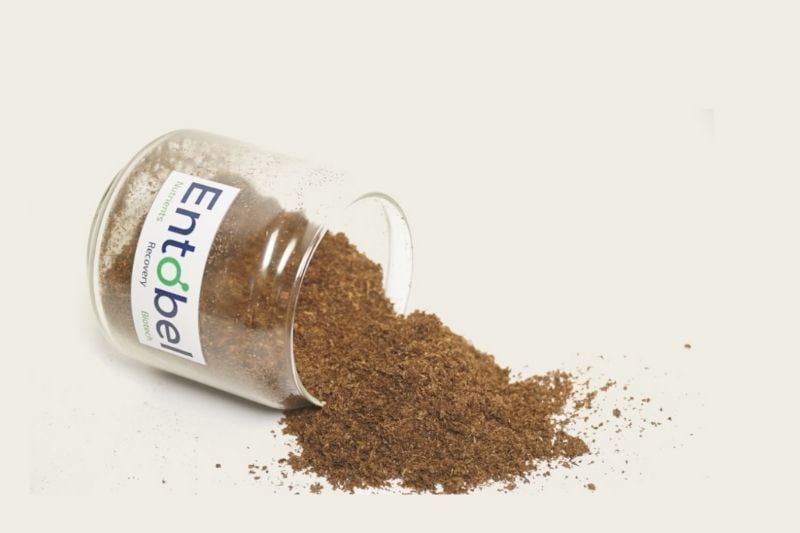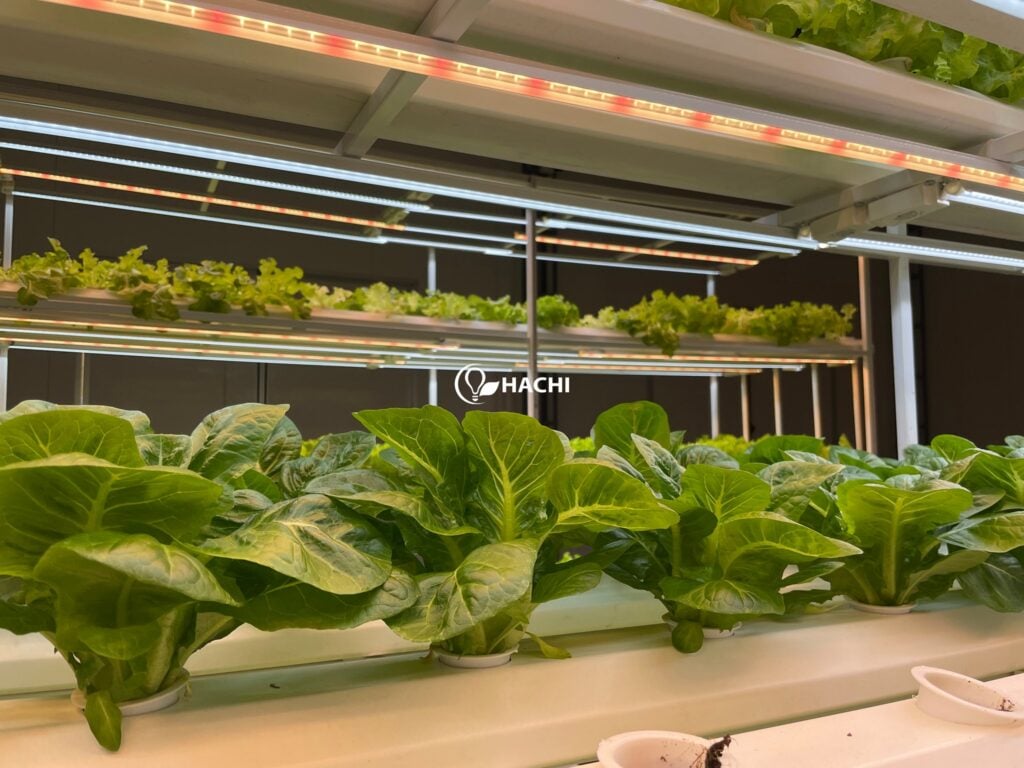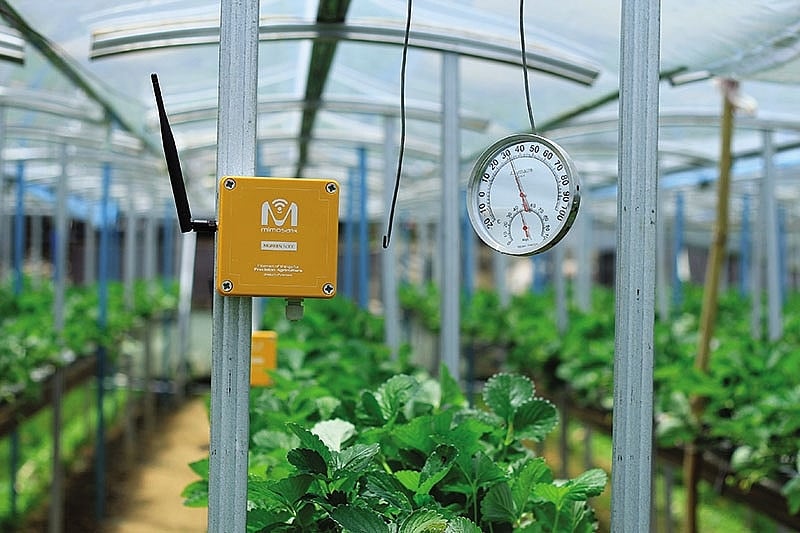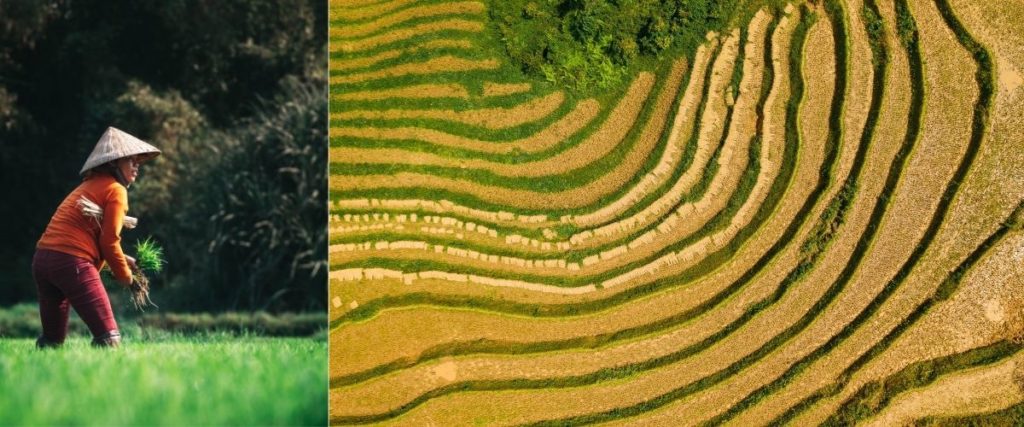Global food demand is growing, but food supplies are increasingly constrained. To read how AgriTech is solving this problem and why APAC holds huge investment opportunities, read our quick guide. In this instalment we’re diving into Agritech in Vietnam, and the country’s leading AgriTech startups.
Vietnam’s agriculture faces many challenges. Its unsustainable production methods are environmentally costly, causing deforestation, biodiversity loss, land degradation, water pollution, and greenhouse gas emissions. Vietnam’s cities, industries, and services are expanding and consequently competing for land, labour, and water. This adds further strain to the scarcity of natural resources available to agriculture. Vietnam is also very vulnerable to environmental hazards, which caused an estimated US$3.6 billion of agricultural losses in 2015 alone. Climate change only worsens the situation: drought, storms and floods will happen more frequently, and saltwater intrusion, which destroys rice-growing ability, will intensify. These will degrade agricultural capacity.
Furthermore, the country has a high level of inequality in terms of access to safe food, water, and dietary diversity. For example, despite there being surplus of rice for exporting, local food shortages still happen. 9 million people live in poverty and 25% of children suffer from stunted growth. Any agricultural crisis in the country disproportionately affects the poor, further exacerbating these social problems. The government’s agriculture policy in the past decade to increase rice production has been successful, but the measures used to increase output, such as encouraging large-scale mechanisation, have had the side effect of pushing smallholder farmers out of competition.
AgriTech that responds to these challenges of climate change, product quality, resource conservation, and social equality will be critical. Vietnam will need to generate more, using less resources. Areas for innovation might be, for example, salinity-tolerant rice, stress-tolerant seeds and livestock varieties, infrastructure designs to seal off vulnerable areas from salinisation, facilitating the conversion of rice fields to saltwater ponds for higher-value aquaculture, making irrigation more efficient to conserve water, or deploying data-driven climate vulnerability assessments.
Startups to Watch
Entobel
Entobel is a Singaporean company founded in 2013 with headquarters in Ho Chi Minh City. They rear Black Soldier flies to produce insect-based proteins, which they then sell as animal feed and organic fertiliser. Its concept promotes a circular economy, tapping into the bioconversion capacities of insects to upcycle nutrients. First, Entobel collects by-products from other food companies, which they then process and turn into food for the Black Soldier flies. They then breed the flies in a fully closed, monitored, and optimised environment. Finally, the insects are processed into fish feed for aquaculture, animal feed for livestock, and organic fertilisers. This offers a more sustainable animal feed solution and eliminates food waste in the country.

Hachi
Founded in 2016, Hachi is the developer of a smart hydroponic farming system for urban and household agriculture. The plug-and-grow cultivation system includes an automated mesh system for shielding plants from the sun, fan and mist settings automated according to the environment sensor, and automatic watering. The user can control these settings from their smartphone, enabling them to easily optimize their vegetables’ growing environment. Hachi’s product line also includes self-watering pots, irrigation timers and vegetable plant boxes. It sells its products through its own store in Hanoi, Vietnam.

AgrHub
Founded in 2015, AgrHub doesn’t develop their own sensors and controllers but rather created a smart gateway device that works with smart sensors already available on the market. Their Sense Hub Gateway device collects data from the sensors and sends it via WiFi to the AgrHub server, where it is aggregated and combined with plant profile data to generate decisions (such as turning on or off a lamp, water pump, misting pump, fan or air conditioner). The output from aggregation is sent to Sense Hub Gateway, which then controls the local devices on the farm. AgrHub has also developed the FARMBOX product, a turn-key smart farm solution that helps farmers manage and monitor their farms on a single mobile application. Farmers can purchase the devices and the app based on their needs. The company runs a Youtube channel for farmers called AgrTV.
MimosaTEK
Founded in 2014, this company aspires to bring precision agriculture to Vietnam’s existing farming practices, which are mostly manual and experience-based. It also aims to address excessive water usage in farming, which affects plant health and depletes already-limited groundwater. MimosaTEK’s device, a cloud-based system with sensors attached, allows farmers to monitor and analyse data on their farms, such as crop progress, soil moisture, rain, wind, and light. The device then recommends a precise irrigation schedule in real-time, which the farmers can execute remotely through their mobile phones. Users can also get drought alerts and access historical crop databases.

Vietnam’s investment in science and technology is still relatively low, only taking up 0.18% of the GDP. As of January 2017, a mere 193 out of around 12,000 agricultural cooperatives in Vietnam are high-tech. However, the government has started taking corrective steps, encouraging investments in high-tech farming solutions through measures such as the US$4.4 billion credit package it approved in 2017 to give high-tech agriculture applications a much lower loan rate, or the Decree 57 it issued in 2018 outlining tax reductions and research and development financial support. Vietnam’s government is also reaching out to high-tech countries like Israel, South Korea, and Japan to develop training programs for high-tech farming. 2021 also sees the roll-out of the Vietnam AgriTech Accelerator, the first of its kind. Vietnam’s Prime Minister has approved a master plan for developing AgriTech with the aim of having at least 10 more high-tech agricultural zones and 500 high-tech agricultural cooperatives by 2030.
The transformation of Vietnam’s agriculture will depend on AgriTech. Next up, let’s take a look at the situation in Thailand.
Related Articles
Your Guide to AgriTech, the Next Big APAC Industry





